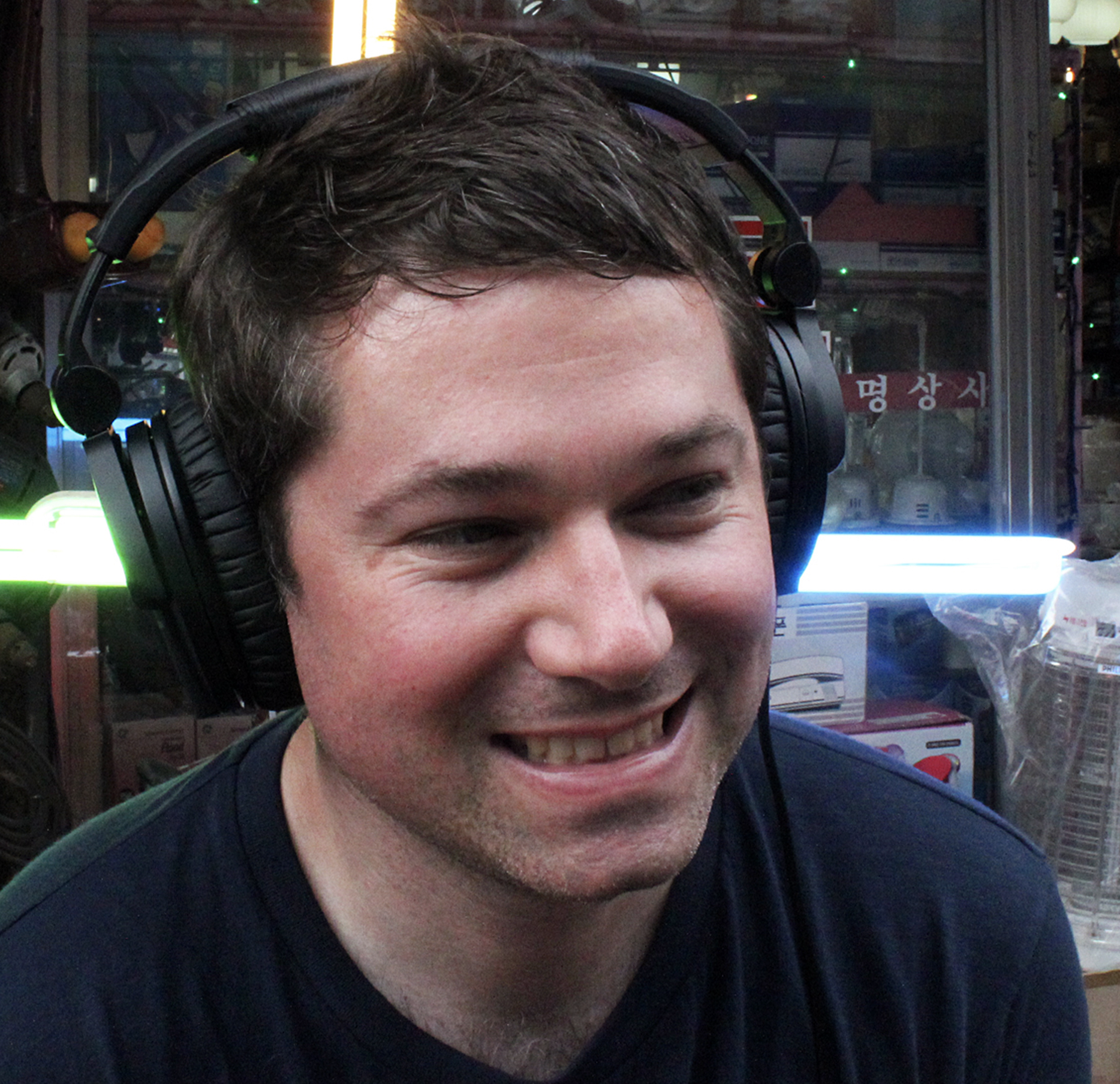“I pretty much haven't worked since 2020”: How the effects of Long COVID have harmed professional musicians and DJs
Though the 2020 COVID pandemic had many negative effects on the music industry, an underreported aspect is how Long COVID has left some professional musicians unable to continue with their careers
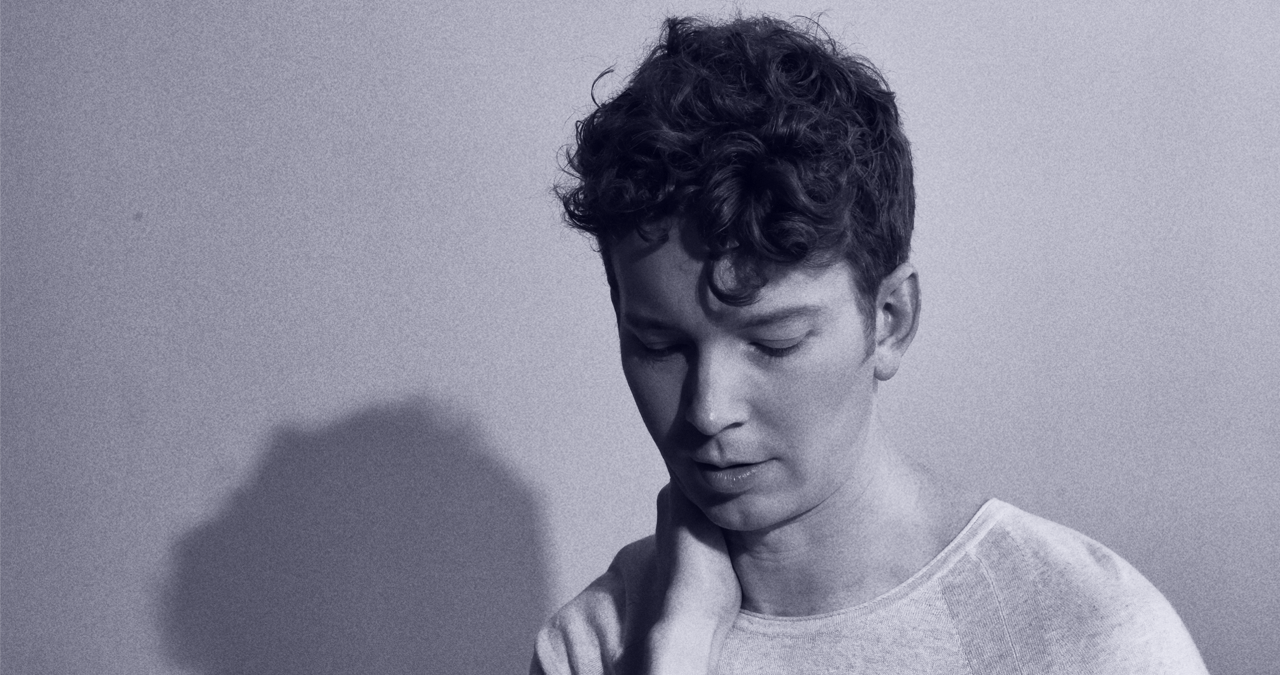
Want all the hottest music and gear news, reviews, deals, features and more, direct to your inbox? Sign up here.
You are now subscribed
Your newsletter sign-up was successful
In early 2020, everything shut down because of the COVID-19 pandemic. While there are still new cases happening now, for the most part the world has moved on. For the subset of the population that suffers from Long COVID though, it’s like the illness never ended.
Fatigue, disorientation, cognitive difficulties - these are daily occurrences for a large number of people, including those in the music industry.
Musicians, DJs and other music professionals dealing with the persistence of Long COVID face unique challenges related to their work, which is often physical in ways that require a great deal of fine motor control, concentration and stamina, leading to forced breaks or even having to give up their vocation entirely.
And, given that many musicians are freelance, they’re particularly vulnerable economically.
While COVID received a lot of media attention in the first few years after the pandemic, it has since moved away from the public eye. But for those with Long COVID, there’s no moving past it.
We spoke with two musicians - cellist Joshua Roman and transdiciplinary artist Gavilán Rayna Russom - about their ongoing struggles with the illness and the ways they’ve had to adapt.
According to the Post-Acute COVID-19 Syndrome (PACS) Clinic at Stanford Medicine, 30% to 60% of people with COVID-19 have symptoms that continue after recovery.
Want all the hottest music and gear news, reviews, deals, features and more, direct to your inbox? Sign up here.
Long COVID (as it’s colloquially known) presents as any number of different symptoms that can affect multiple organ systems, including the heart, lungs and brain. These can remain the same or, confusingly and distressingly, change over time.
“One of the main theories that's being tested and proven is that it's not just like COVID passes through your body and all these other things wake up,” explains Joshua Roman, who advocates for Long COVID sufferers along with his work as a cellist. “COVID is actually still living in your body somewhere when you have Long COVID, and it's constantly exacerbating all these things and pushing all those buttons.”
Unfortunately, there is currently no cure for Long COVID, nor are there any approved therapies. “Management strategies are often aimed at symptoms and supportive care,” explains Dr Linda Geng of the Stanford School of Medicine. “Some clinicians are trying off-label medications by repurposing drugs that were approved for another condition and seeing if they might work in Long COVID. The issue is, we need to prove that these are indeed safe and effective for patients with Long COVID. What we need urgently are well-designed clinical trials that can test and identify effective and safe therapies.”
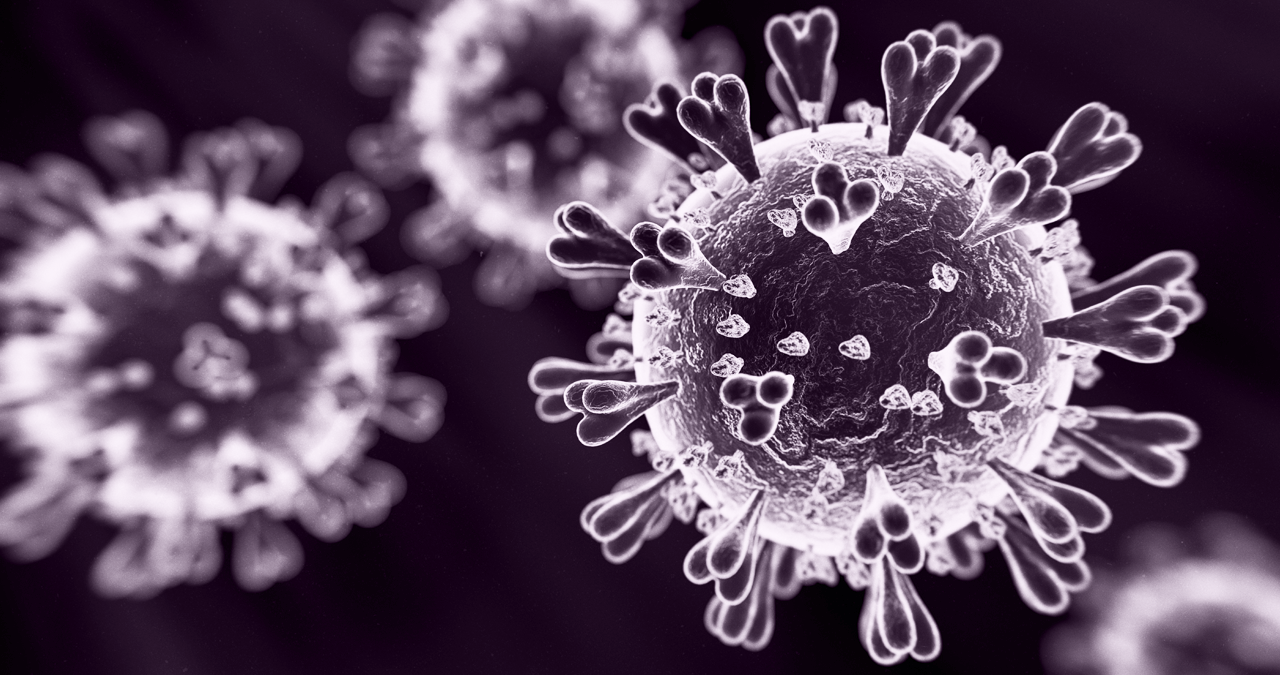
With 30-60% of all COVID sufferers experiencing some kind of after-effects, that puts the number at around 400 million documented cases worldwide since the pandemic, and a current count of around 72 million people living with Long COVID.
Additionally, the disease doesn’t discriminate. “Anyone can get Long COVID,” stresses Dr Geng, “from children to elderly and from all walks of life. However, there does seem to be certain factors that can increase or decrease risk for getting Long COVID. COVID vaccination, for example, can protect people from getting Long COVID but the only guarantee to not get Long COVID is to not get COVID at all.”
Gavilán Rayna Russom, who has enjoyed a multi-decade career as a musician (she was a member of LCD Soundsystem from 2009-2018) and DJ, contracted COVID in 2020, and has had to since drastically change the way that she performs music. Or indeed doesn’t.
“I pretty much haven't worked since 2020,” she explains. She suffers from migraines, ongoing disorientation (“one of the things that happens to me a lot is I'll be texting and then I'll realize I've left out a bunch of words”) and fatigue. “DJing got a lot harder,” she says, despite the fact that it’s second nature to her now. “I've been DJing for over 30 years, so it's really deep in the muscle memory.”
The club environment, something that she loved, has also now become too difficult to bear. “The experience of being up late in a dark room with flashing lights and a crowd of people and loud music is just not viable anymore. I hate to say it but I don't think that I could perform at a career level anymore.”
Musicians struggling with Long COVID are not restricted to nightlife. Joshua Roman, an accomplished professional cellist and composer, states that the illness has definitely changed the way that he approaches music. “One of the things that I've lost,” he says, “is summer music festivals. It is very difficult, almost impossible now, for me to make it through a several-day period of rehearsing different pieces with different groups without a union setting the time rules, and performing several times in a week with completely different repertoire. (They) take a lot of cognitive effort. And that is something that I just can't sustain for that long.”
It’s also disrupted they way that he practices his instrument - something that is absolutely necessary when you’re operating at his level of accomplishment in the classical world.
“I practice a lot more trust with the cello [now] than checking boxes of achievement when in the practice room,” he explains. Thankfully, he’s been able to adapt to his new reality. “It's working. I know that I can do this. I trust myself to be ready when I'm ready. And that doesn't mean I don't prepare. I still prepare. But I don't practice out of anxiety as much anymore, so much as just for the joy of playing the music and making sure that I'm ready.”
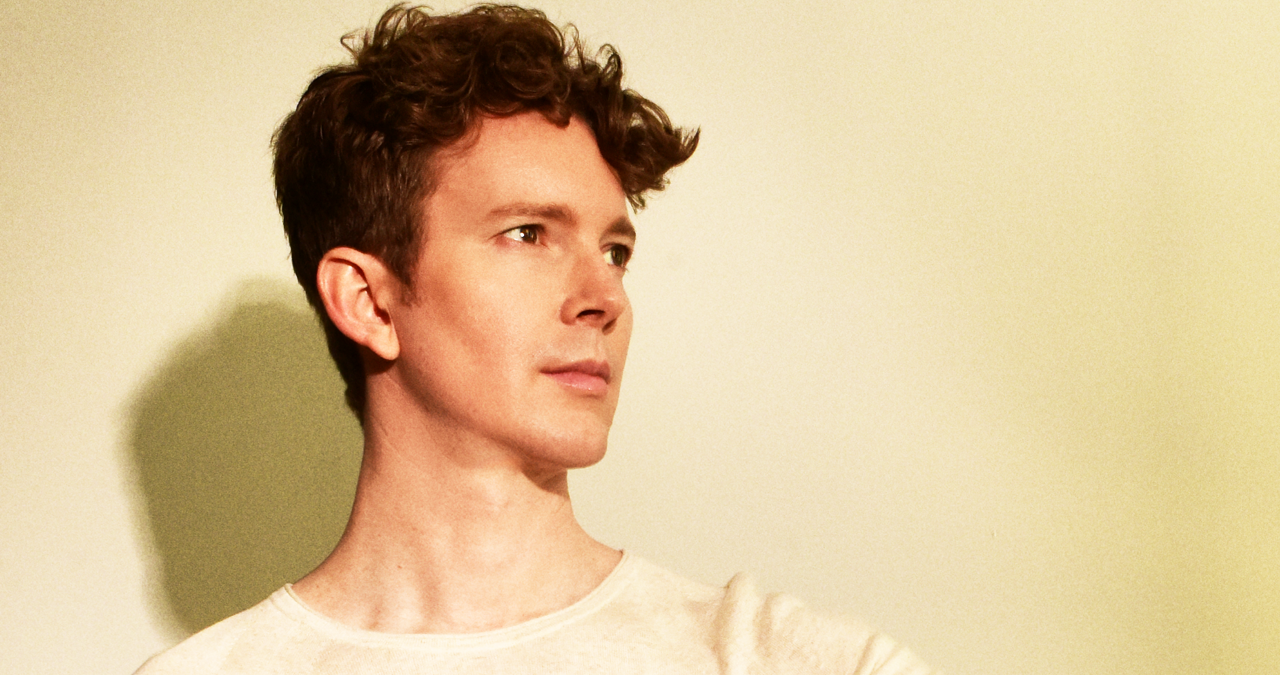
Along with the draining symptoms of Long COVID itself, the disease can also exacerbate existing conditions that you may have, or cause new issues to form. “I think CFS/ME, chronic fatigue syndrome, is a great example of that. POTS, dysautonomia, all of these, a lot of people with Long COVID develop those conditions,” Joshua explains, listing some of the ways that the illness can present.
Rayna herself has experienced this, which has only made her situation worse. “As a person who also lives with complex PTSD and regular PTSD, the disorientation from COVID makes me a lot more susceptible to trauma response.”
As there’s no cure for Long COVID, learning to live with it becomes a requirement. “It's not that I've gotten that much better,” says Joshua, “I've just started to learn how to accept limitations and to build them into the plan, and to choose the things that are absolutely the most important to me personally.”
For Rayna, supplements have become necessary to keep the migraines at check, saying, “If I run out of one of the supplements for a couple of days, they're back.” Working with a personal trainer has been a way to take back some of the bodily agency that was lost because of fatigue. “I used to be able to work out and dance all night,” she says. “I can't do it anymore. Very slow weights conditioning helped my body to sync up a little bit more.”
Another issue that musicians can face when suffering from Long COVID is the lack of awareness and understanding from other people in the industry. Just because someone isn’t outwardly presenting symptoms that doesn’t mean that aren’t truly sick. This can also make you feel very alone.
“People are scared of becoming the thing that I am,” laments Rayna. “And that feels alienating. The conversation around (me is), ‘You should be being more careful about COVID because you can get brain damage and you can get lifelong respiratory problems.’ (But) what about those of us who are currently living with that?"
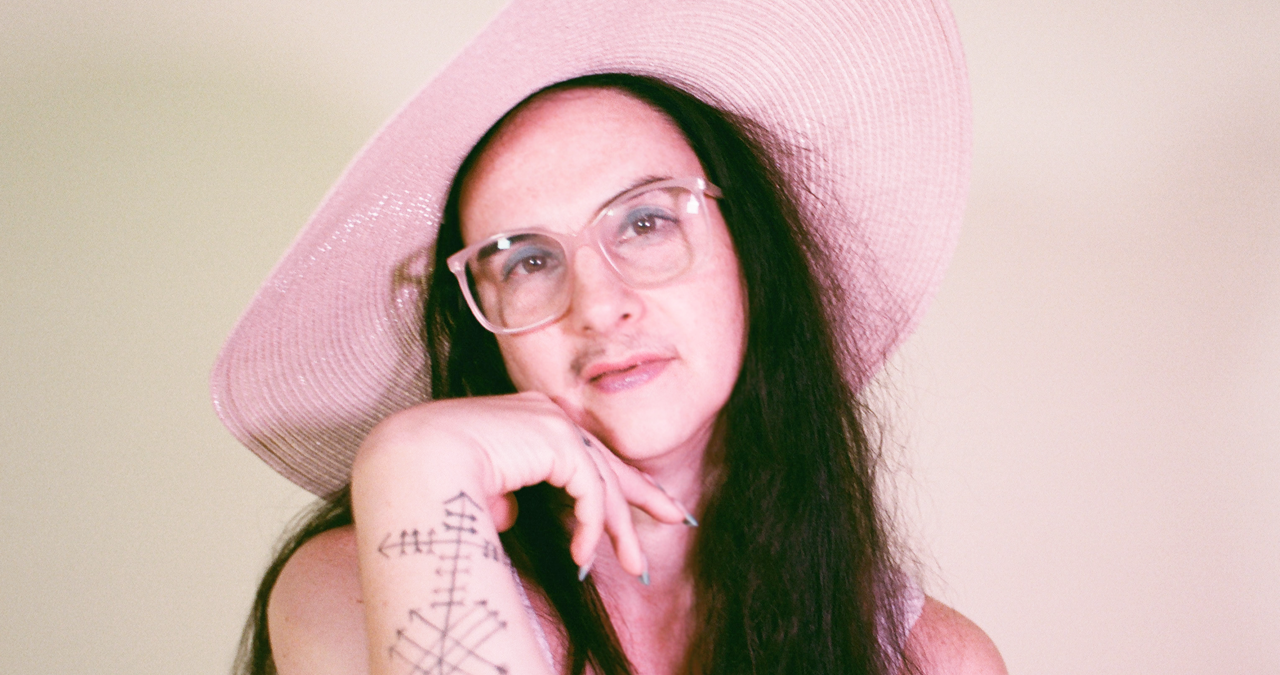
“It's a new condition,”stresses Joshua, explaining why people may not react with complete compassion, "and it's affected so many people that we have to deal with it, but a lot of times we don't have to deal with new conditions on a grand scale for a long time. We can kind of ignore them. We can't do that with Long COVID.”
What can you do to support someone with Long COVID? “First, believe them,” advises Dr Geng. “It is a puzzling condition that we're still researching to understand but it's definitely real and people are suffering. Validating their experiences is the first step and a very important one.” Dr Geng also recommends educating yourself on what Long COVID is and how it manifests.
“Supporting people with Long COVID can also encompass accommodating breaks and lifestyle adjustments,” Dr Geng suggests.
Joshua has experienced this himself in his professional life, with the other musicians in an orchestra reminding him that it might be time to take a break.
“What I found is that over and over again, when I ask for something that's going to help me perform my best, not only do people recognise that it helps me perform my best, but often they're able to use that structure for themselves to perform better as well,” he states, mentioning setting a timer to ensure breaks.
“The people I was rehearsing with, they had grown so accustomed to it, they started reminding me, pulling me aside at various points, and saying, ‘Hey, this is actually really helpful for me too, because it helps me not get stuck in a rut.’ It's not just about ability to not crash.”
The late Adam Abeshouse, the producer on Joshua’s 2024 album Immunity and a former sufferer of Long COVID himself, helpfully organized the recording sessions to accommodate Joshua’s needs. “Sometimes he would say, ‘Joshua, I think you need to stop,’ because I would be getting into this tense mode, and he could just see (that) if we kept going, there was going to be a crash. It was incredible. It worked really well.”
With so many people in the music industry afflicted by Long COVID, both Joshua and Rayna can see area where there is room for improvement.
“That's a hard one,” Joshua answers when asked what he thinks needs to change in regards to acceptance of Long COVID in the industry, “because in most industries and in our social life, especially here in America, we drive ourselves so hard. Focus on uniqueness and personality and trust over this clinical perfection that a lot of us drive for.”
He also adds, “I like to think of my advocacy for Long COVID like this: that when I'm advocating for people with Long COVID, I'm actually advocating for everybody because there aren't really specific things for Long COVID that aren't good for everybody yet.”
Rayna points to the way that musicians are mistreated in general in the industry as deserving of change. “An acknowledgement that music is a critical cultural resource is way off, maybe so far off that it will never happen in the US, at least, but it is something really valuable,” she says. “The people who make it their livelihood, and that's not just musicians, but technical folks, are really asked for too much in terms of what their bodies are capable of. And maybe the Long COVID conversation is a place where that conversation can still happen.”
Adam Douglas is a writer and musician based out of Japan. He has been writing about music production off and on for more than 20 years. In his free time (of which he has little) he can usually be found shopping for deals on vintage synths.
You must confirm your public display name before commenting
Please logout and then login again, you will then be prompted to enter your display name.
